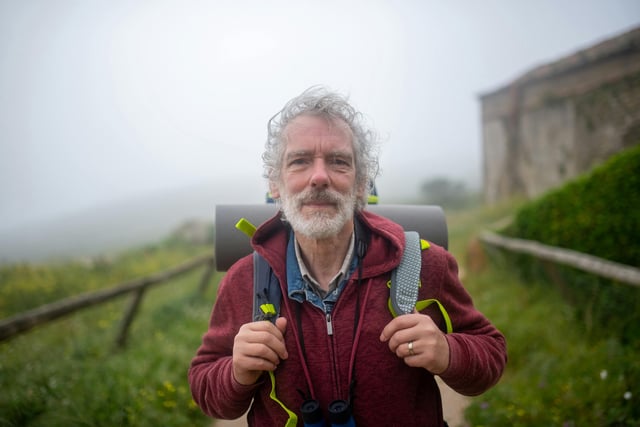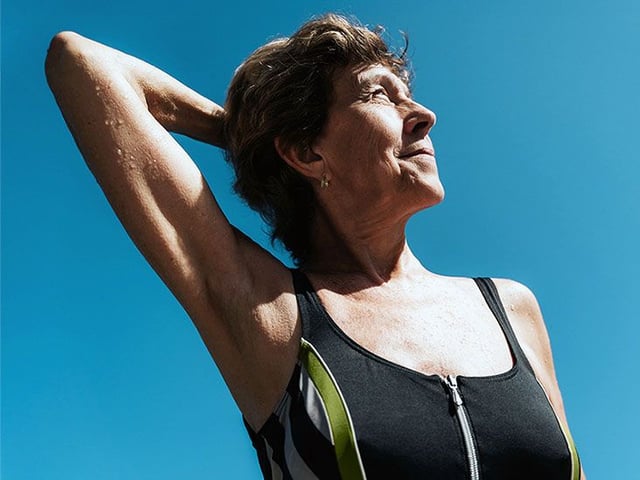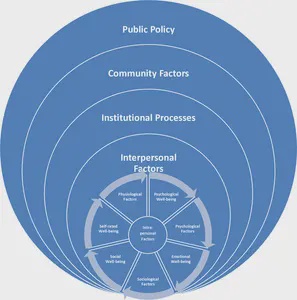Overview
- PLOS One research using Canadian Longitudinal Study on Aging data followed adults 60 and older who began with suboptimal well-being and reassessed them about three years later.
- Among 8,332 respondents, about 24% reached the study’s stringent definition of optimal well-being at follow-up, combining functional status with self-rated health, happiness, and life satisfaction.
- Those with strong psychological and emotional wellness at baseline had more than fivefold higher odds of recovery compared with peers who were struggling psychologically.
- Additional baseline factors associated with recovery included regular physical activity, healthy body weight, good sleep without insomnia, not smoking, and social participation.
- The authors and independent geriatric clinicians called for practical supports such as older-adult-friendly exercise classes, chronic disease self-management, and mental health services.


